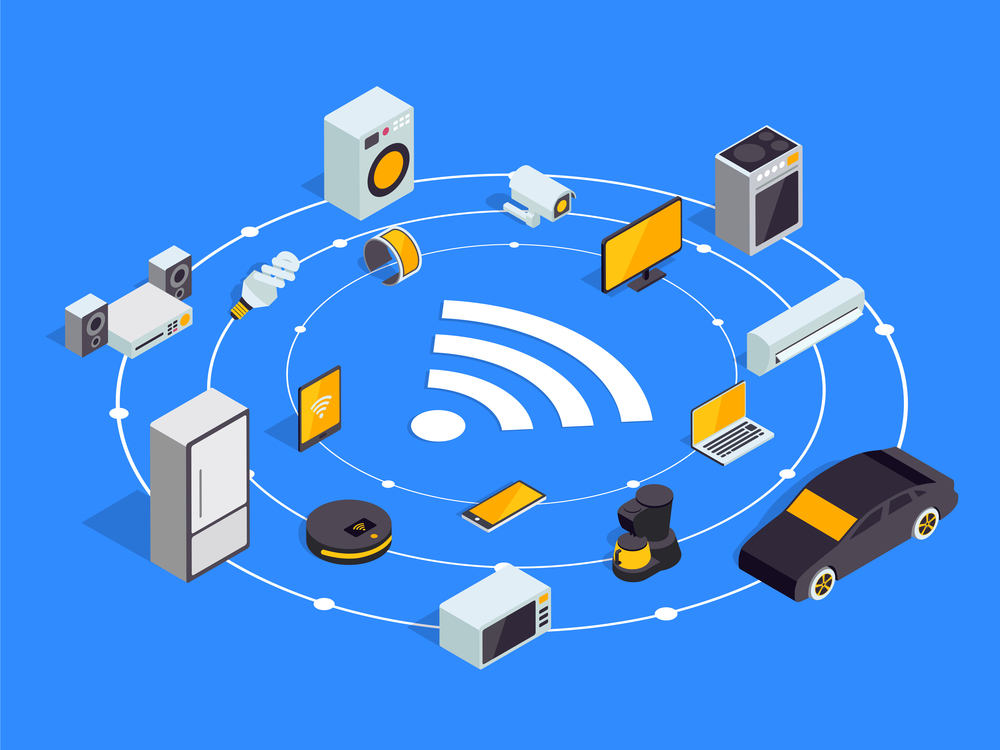Smart home device manufacturers must do more to protect users from hacking
Two in five smart homes are at risk from unpatched devices and weak credentials, report finds


More needs to be done by IoT manufacturers to protect users' smart home devices from being hacked, according to research.
The 2019 Avast Smart Home Report said that 40.3% of homes worldwide have more than five smart devices connected and 40.8% of these digital homes worldwide contain at least one vulnerable connected device.
The majority (69.2%) of vulnerable devices in households worldwide were found to have weak credentials, such as using passwords or one-factor authentication. A further 31.8% of these devices worldwide were vulnerable due to not being patched.
The report said that, in a perfect world, "IoT manufacturers would be working with security experts to ensure a security layer is included in their devices".
"The current approach to securing IoT devices is to expect the user to take action and understand how to accomplish this even when the majority of vulnerabilities are caused by unpatched security flaws, which is extremely concerning," the report continued.
"This approach creates a security gap - and a massive opportunity for cybercriminals. With a high diversity of IoT devices on the market, it is difficult and complex to provide protection at the device level, and therefore smart home security needs to begin and end at the network level."
Avast also scanned 11 million routers worldwide and found that over half (59.7%) worldwide either have weak credentials or software vulnerabilities. According to the report, out-of-date software is often the weakest link in the security chain, making it an easy gateway for cyber criminals looking to access other connected devices.
Get the ITPro daily newsletter
Sign up today and you will receive a free copy of our Future Focus 2025 report - the leading guidance on AI, cybersecurity and other IT challenges as per 700+ senior executives
"Simple security steps like setting strong, unique passwords and two-factor authentication for all device access and ensuring software patches and firmware updates are applied when available, will significantly improve digital home integrity," said Ondrej Vlcek, president of consumer at Avast.
Rene Millman is a freelance writer and broadcaster who covers cybersecurity, AI, IoT, and the cloud. He also works as a contributing analyst at GigaOm and has previously worked as an analyst for Gartner covering the infrastructure market. He has made numerous television appearances to give his views and expertise on technology trends and companies that affect and shape our lives. You can follow Rene Millman on Twitter.
-
 Google faces 'first of its kind' class action for search ads overcharging in UK
Google faces 'first of its kind' class action for search ads overcharging in UKNews Google faces a "first of its kind" £5 billion lawsuit in the UK over accusations it has a monopoly in digital advertising that allows it to overcharge customers.
By Nicole Kobie
-
 Neural interfaces promise to make all tech accessible – it’s not that simple
Neural interfaces promise to make all tech accessible – it’s not that simpleColumn Better consideration of ethics and practical implementation are needed if disabled people are to benefit from neural interfaces
By John Loeppky